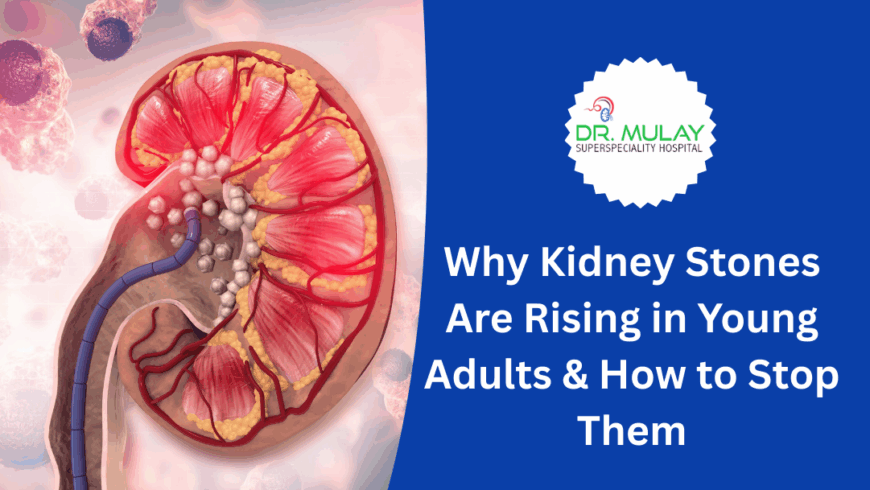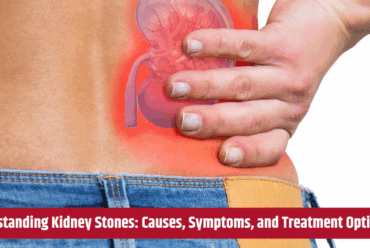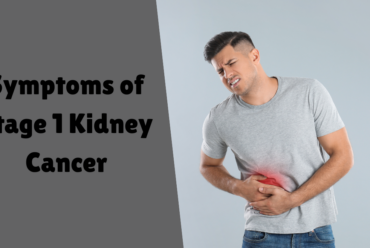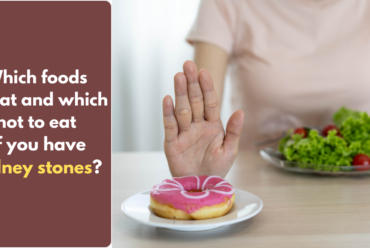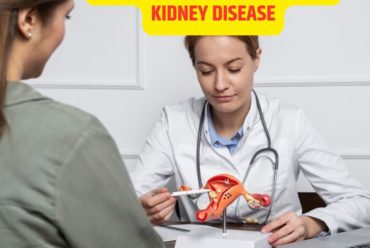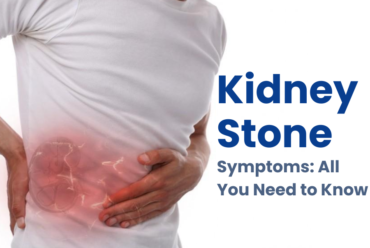Why Kidney Stones Are Rising in Young Adults & How to Stop Them
Kidney stones, once considered a problem mostly affecting middle-aged adults, are increasingly being diagnosed in young people. From college students to working professionals in their 20s and 30s, more young adults are now facing the painful reality of kidney stones. The condition not only brings sudden episodes of severe pain but can also lead to long-term kidney damage if not treated properly.
The question is: why are kidney stones on the rise in young adults, and more importantly, what can be done to prevent them?
What Are Kidney Stones?
Kidney stones are hard deposits made up of minerals and salts that form inside the kidneys. They develop when substances like calcium, oxalate, and uric acid crystallize in concentrated urine. While small stones may pass without much trouble, larger stones can block the urinary tract, causing intense pain, nausea, and difficulty passing urine.
Symptoms usually include:
- Sharp pain in the lower back or abdomen
- Burning sensation while urinating
- Blood in the urine
- Frequent urge to urinate
- Nausea or vomiting during painful episodes
Why Are Kidney Stones Rising in Young Adults?
Traditionally, kidney stones were more common in older adults, but several lifestyle changes in modern society have shifted the trend. Some major factors include:
1. Dehydration & Low Water Intake
Young adults often replace water with caffeinated or sugary drinks. Inadequate hydration leads to concentrated urine, creating the perfect environment for stone formation.
2. Processed Food & Fast-Food Diets
High salt intake, processed snacks, and foods rich in oxalates (like chips, chocolates, and fast food) contribute to higher risk.
3. Sedentary Lifestyle
Busy work or study schedules often lead to less physical activity. Lack of exercise can affect kidney function and increase the chances of stone formation.
4. Rising Obesity Rates
Obesity and metabolic disorders alter the body’s chemistry, making the urine more acidic and increasing stone risk.
5. Increased Stress & Irregular Sleep
Stress, lack of sleep, and erratic eating patterns disturb metabolism and hormone balance, indirectly contributing to kidney stone formation.
6. Overuse of Supplements
Some young adults consume excess protein powders, calcium supplements, or vitamin D without medical supervision. This can lead to higher calcium or uric acid levels in the urine, triggering stones.
- Risk Factors to Watch Out For
- Family history of kidney stones
- Living in hot climates (where dehydration is more common)
- High consumption of sugary sodas and energy drinks
- Diets rich in red meat and salt
- Chronic medical conditions like diabetes or urinary tract infections
How to Stop Kidney Stones in Young Adults
The good news is that kidney stones can often be prevented with healthy lifestyle changes. Here’s what experts recommend:
1. Stay Hydrated
Drink at least 2.5–3 liters of water daily. Hydration helps dilute urine and prevents the buildup of minerals. Lemon water is also beneficial as it contains citrate, which reduces stone formation.
2. Limit Salt and Processed Foods
Avoid excessive packaged snacks, fast food, and processed meats. High sodium intake increases calcium levels in urine, a leading cause of kidney stones.
3. Balance Calcium Intake
Don’t cut calcium completely—it’s necessary for bone health. Instead, get calcium from natural sources like dairy and leafy greens rather than high-dose supplements.
4. Reduce Sugar & Cola Drinks
Soft drinks and energy drinks are high in phosphates and sugars that contribute to kidney stones. Replace them with water, coconut water, or herbal teas.
5. Eat More Fruits & Vegetables
A diet rich in fiber, potassium, and antioxidants improves kidney function. Bananas, oranges, and green vegetables are excellent choices.
6. Exercise Regularly
Physical activity keeps metabolism balanced and reduces the risk of obesity-related stones. Even 30 minutes of brisk walking can make a difference.
7. Monitor Protein Intake
Avoid overconsumption of red meat and protein powders. A balanced diet with plant-based proteins can lower the risk.
8. Get Regular Check-Ups
If you have a family history of kidney stones or symptoms like pain or blood in urine, timely consultation with a urologist is crucial.
Treatment Options if Kidney Stones Develop
If stones do form, treatment depends on their size, location, and severity of symptoms. Options include:
- Medications to relieve pain and help small stones pass naturally.
- Extracorporeal Shock Wave Lithotripsy (ESWL): Non-invasive sound wave treatment that breaks stones into smaller pieces.
- Ureteroscopy: A small scope inserted into the urinary tract to remove stones.
- PCNL (Percutaneous Nephrolithotomy): A minimally invasive surgery for larger or complex stones.
- Modern treatments are safe and effective, but prevention remains the best strategy.
Expert Urological Care in Hadapsar
When it comes to kidney stone prevention and treatment, professional guidance makes all the difference. patients can consult Dr. Abhirudra Mulay, a trusted Urologist in Hadapsar, , who specializes in the diagnosis and management of kidney stones and other urological conditions. With a patient-focused approach, he helps young adults not only overcome painful kidney stone episodes but also adopt lifestyle changes that prevent recurrence.
FAQs About Kidney Stones
Q1. Why are kidney stones so painful?
The pain occurs when a stone blocks the urinary tract, causing pressure buildup in the kidney and intense spasms.
Q2. Can kidney stones go away on their own?
Small stones (under 5mm) may pass naturally with hydration and medications. Larger stones often require medical treatment.
Q3. Do energy drinks and sodas cause kidney stones?
Yes, sugary and phosphate-rich beverages increase the risk of stone formation, especially when they replace water intake.
Q4. How quickly can kidney stones form?
It varies—sometimes in weeks, but often it develops over months depending on diet, hydration, and lifestyle factors.
Q5. Can kidney stones come back after treatment?
Yes, recurrence is common. That’s why preventive steps like hydration and diet changes are essential even after treatment.

